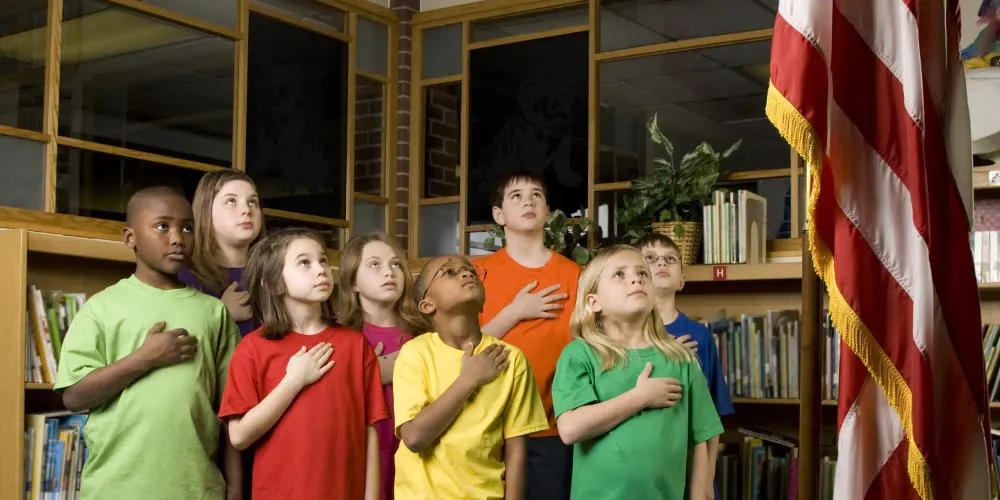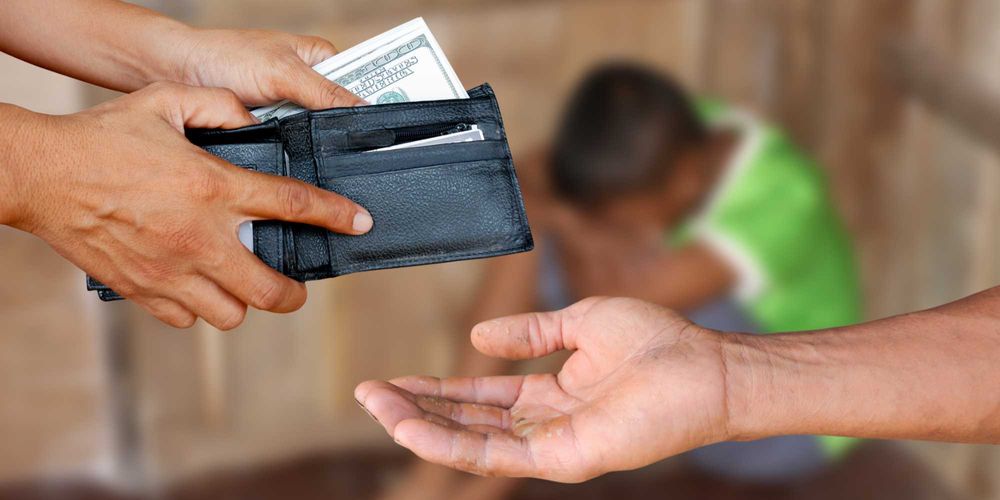Issue 93 • Week of October 29, 2023
California was the first state to get one million people to quit cigarettes on a single day in November 1976 and inspired the annual Great American Smokeout. Almost exactly two decades later, California was also the first state to permit medical cannabis with the approval of Proposition 215 enacted November 5, 1996.
Both of these trends continue today. The US hit a record low in cigarette smoking last year at 11%, which was a mere quarter of its historic high in 1954. The decline bodes well for our health because cigarettes remain the leading cause of preventable death and claim nearly half of a million lives every year. Marijuana has since been decriminalized in half of all states and now counts 17% of adults as smokers in 2023.
Early research has shown that cannabis legalization has led to less use of alcohol and nicotine as well as less opioid addiction among young adults, putting some people's worries about a gateway drug to rest. Only time will tell if the correlated drop in prescription medication usage for depression, anxiety, sleep, seizures, and psychosis continues and/or will benefit patients in the years to come.
Nearly 60% of Americans believe cannabis should be legal for recreational use and another 30% agree with allowing medical use. That adds up to support from nearly 90% of adults – a complete inverse of attitudes compare to when first tracked in 1969 or as recently as 1989.
The rising acceptance has had a self-fueling aspect due to new scientific research coming out that was once restricted: cannabis is less addictive and appears to have a lower long-term impact on brain health than alcohol.
However, not everyone is happy.
Smoking of any kind can lead to secondhand inhalation and thirdhand exposure. These unintended consequences present concerns that have not been problems for alcohol. Scientists have found that children living with someone who smokes marijuana at home are 83% more likely to have adverse health outcomes. Parents who take the precaution to step outside to smoke cannot fully protect their children, either. They are 5-7x more likely to be exposed to environmental smoke than non-smoking families, so that one third still test positive for THC-COOH.
How can we balance a freedom to possess marijuana with the right to breathe without secondhand smoke?
This content is only available to members
Sign up for free to read the potential solutions for this topic and find out what you can do today for a better tomorrow or pre-order our second book that will compile 100 issues on making a difference.
Unlock contentAlready have an account? Sign In



